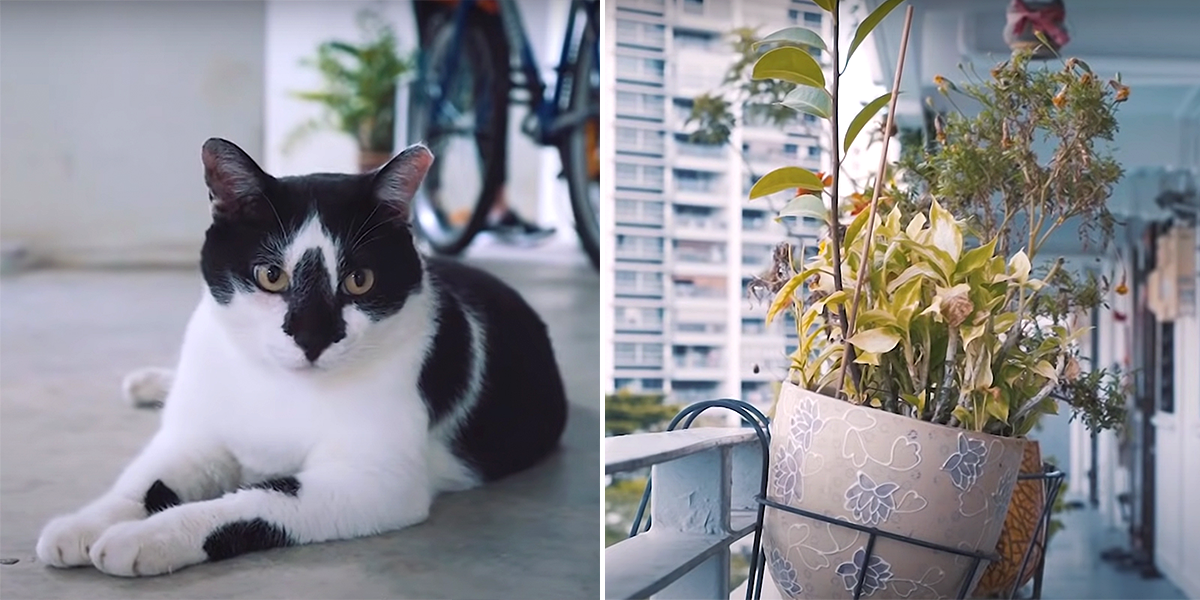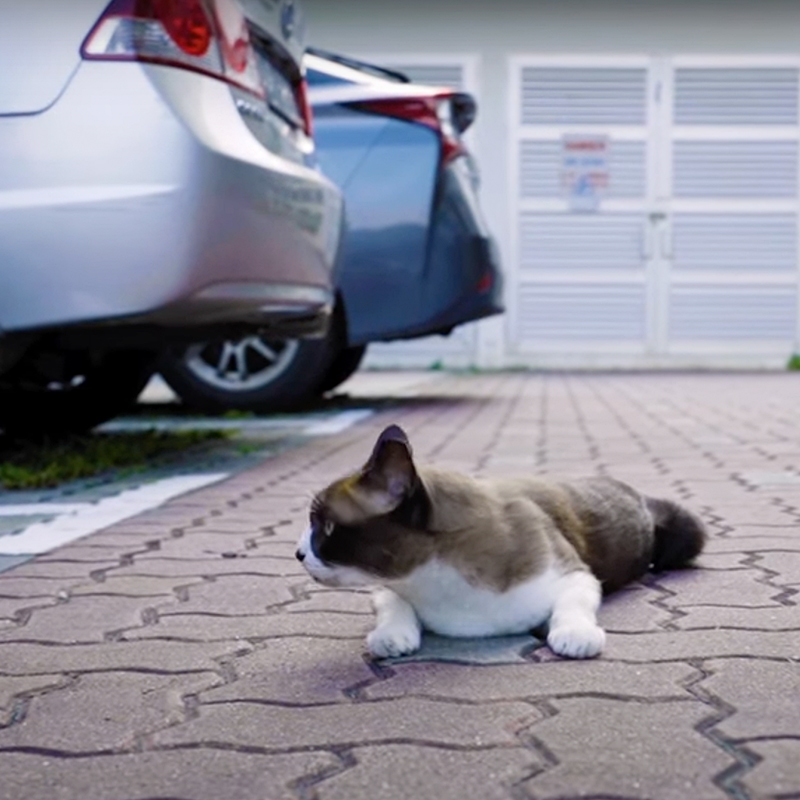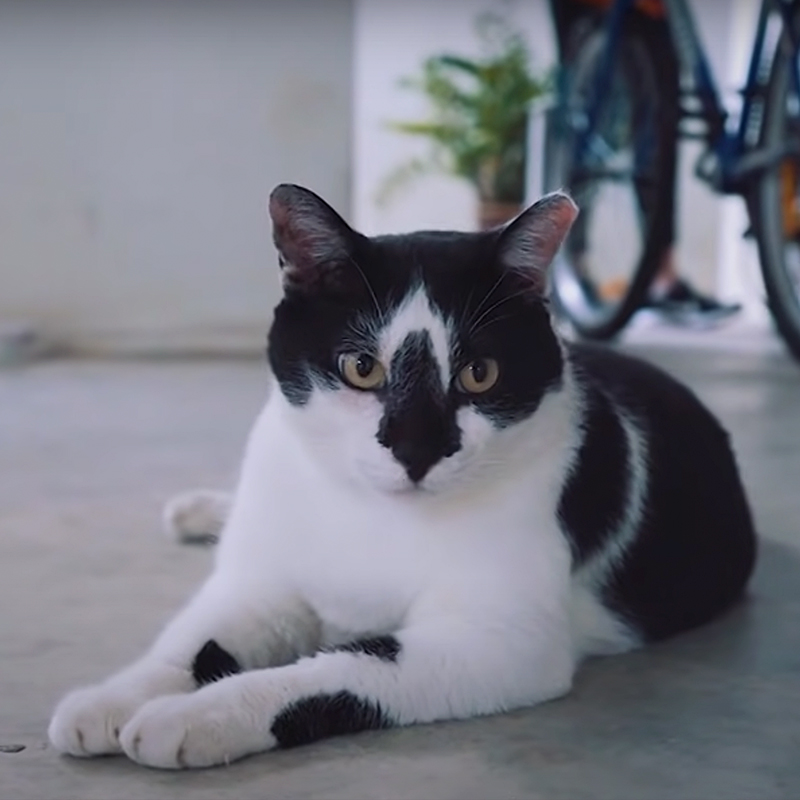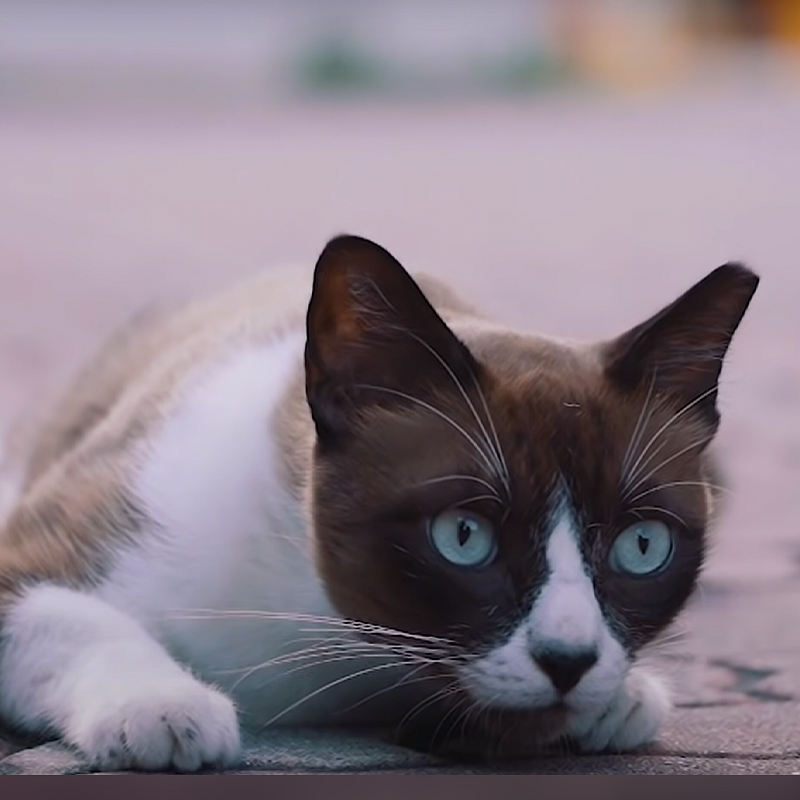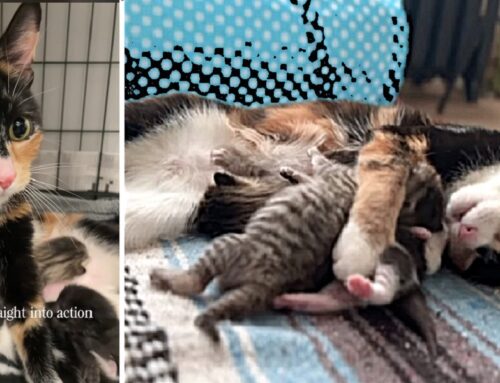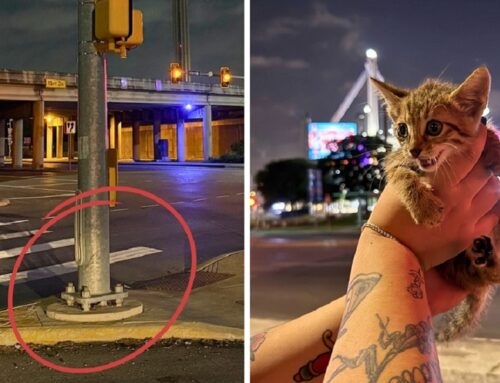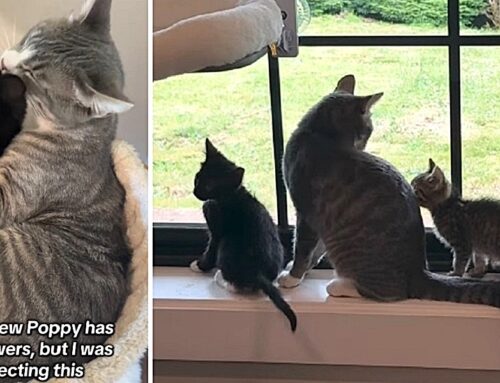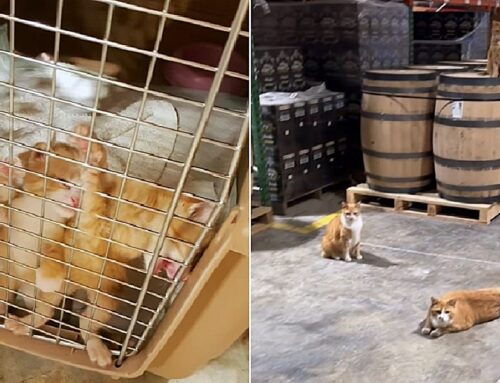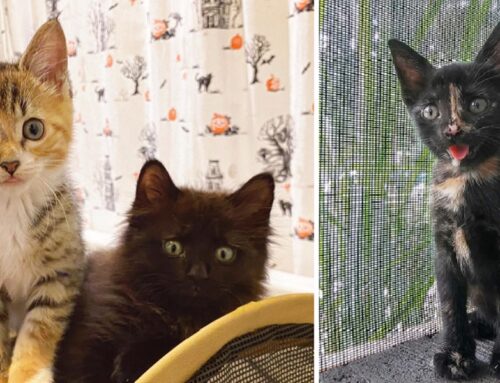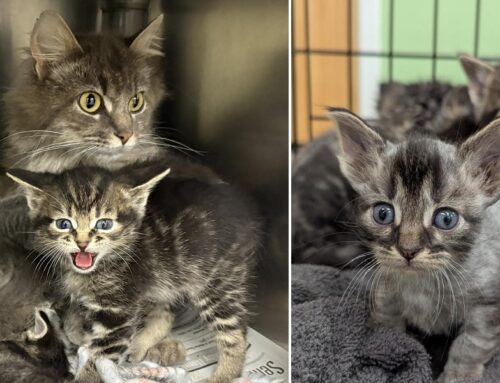Did you know there has been a ban on keeping house cats in some public housing in Singapore since 1960? Well, the ban on cats and other animals kept in Housing and Development Board (HDB) apartments or flats has seen lots of changes recently. HDB as its commonly known is Singapore’s public housing authority.
After over 63 years, residents in Singapore apartments could soon legally adopt up to two cats if they follow mandatory requirements set forth by the Animal & Veterinary Service (AVS).
Or, if they live in a private residence, they could keep a combination of up to three cats or dogs. Keeping certain types of dogs has been allowed in public housing with restrictions, but not cats, until the new “cat management framework.”
That doesn’t mean people don’t have cats, of course. Since the HDB doesn’t actively enforce the ban, only those whose cats get into trouble in their neighborhoods have faced a potential fine of up to $4,000.

A scene of a high-rise flat building in Singapore via YouTube/Mothership
Safely Keeping Cats in Singapore Flats
The HDB’s reasons for the ban on cats might seem unusual to us here in the States. However, it relates to the high-rise building structures where cats manage to get loose or even fall from their high-rise homes.
“[Cats] are generally difficult to contain within the flat,” stated the HDB website. “When allowed to roam indiscriminately, they tend to shed fur and defecate or urinate in public areas, and also make caterwauling sounds, which can inconvenience your neighbors.”
Under the new framework, those who adopt cats would need to cat-proof the homes so they don’t crawl out or fall from high-rise windows. Unfortunately, there have been many cases of jumping and falling incidents for both cats and dogs over the years. The SPCA reported as many as 6 to 8 cases a week.
After such incidents, the criteria for adopting pets in Singapore became even more strict out of concern for the animals. But unfortunately, that meant people who could provide loving homes for pets were banned from doing so.
Some folks decided to buy dogs from breeders rather than adopt them due to strict adoption criteria, which included things like in-depth family interviews. Others returned dogs when they aged due in part to the high cost of veterinary care for aging pets.
Here’s more about the ban on cats in Singapore from Mothership.
Warning: Some scenes of animal cruelty in the video below:
Mandatory Rules for Adopting Cats
Rather than unfairly banning all felines, the cat management framework will put guidelines in place to ensure cats’ welfare. And, these guidelines were informed by the public after a survey of over 30,000 residents. That ANS survey is still open for input, and after a review, the final framework is expected to launch in 2024.
So far, the rules include common-sense things like:
- Microchipping all pet cats
- Licensing conditions
- Passing a free online course on responsible pet ownership
- Gradually phasing in the program conditions over two years
- Holding adopters accountable for reports of cruelty, neglect, or abandonment
- Taking measures to keep cats safely indoors
On the last item, residents may need to install meshing on windows as well as gates. Such installations would have to be allowed by building management.
TNR Programs for Cats in Singapore
Wonderfully, TNR or TNRM (or Trap, Neuter, Re-home, Release, Manage) programs for community cats are part of the new proposed framework. Previously, such TNR programs were only for stray dogs in the area. However, that doesn’t mean rescuers weren’t doing great work to help widespread community cats in Singapore (see video below).
A previous survey in 2022 showed overwhelming support (80%) for TNR programs as well as for allowing cats as pets in public housing flats (90% said cats should be allowed). There was also incredible support for microchipping and licensing for keeping cats (80%).
Overall, it looks like brighter days ahead for cats and their humans are on the horizon in Singapore. We previously shared the story about ameowing cat hotel in Singapore called The Luxe Meownor.
Video by Mothership about Community Cats in Singapore:


